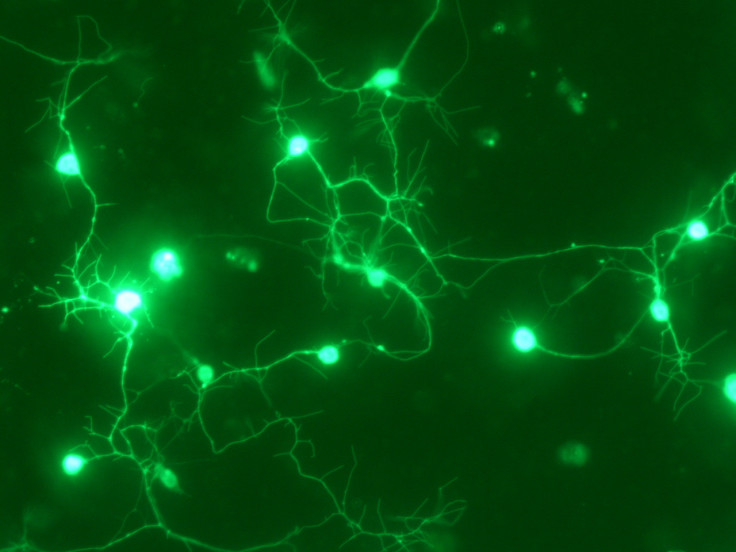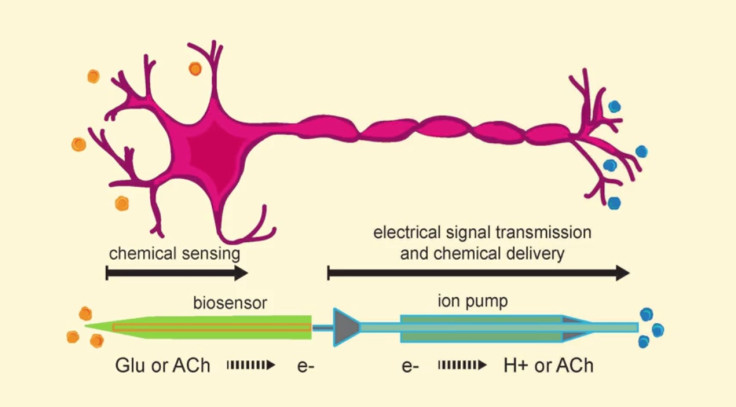Artificial neurons developed in step toward replacing human brain cells and treating Parkinson's

A fully functional neuron capable of mimicking a function of the human nervous system has been artificially constructed for the first time, paving the way for radical new treatments to neurological disorders.
The artificial neuron, built by researchers at the Karolinska Institutet in Sweden, uses organic bioelectronics to imitate the way neurons in the human brain communicate with each other. By translating chemical signals into electrical impulses, the artificial neurons are able to communicate with other human cells.
"Our artificial neuron is made of conductive polymers and it functions like a human neuron," said professor of cellular microbiology and lead investigator Agneta Richter-Dahlfors.

"The sensing component of the artificial neuron senses a change in chemical signals in one dish, and translates this into an electrical signal."
The use of chemical signals is a significant development from the primary technique currently used for neuronal stimulation in human cells, which is based on electrical signals.
Using this new technique, Richter-Dahlfors and her team hope that neurological disorders, such as Parkinson's disease and spinal cord injuries, can be treated by bypassing damaged nerve cells and restoring neural function.
The researchers are now hoping to miniaturize the device and add wireless communication to allow it to be implanted into the human body.
"The biosensor could be placed in one part of the body, and trigger release of neurotransmitters at distant locations," Richer-Dahlfors said.
"Using such auto-regulated sensing and delivery, or possibly a remote control, new and exciting opportunities for future research and treatment of neurological disorders can be envisaged."
The results of lab trials have been published in the journal Biosensors and Bioelectronics.
© Copyright IBTimes 2025. All rights reserved.






















